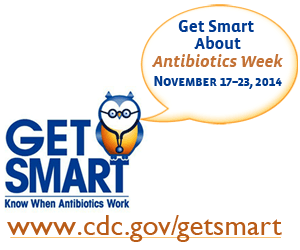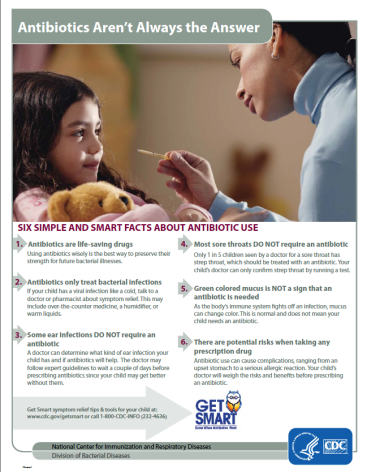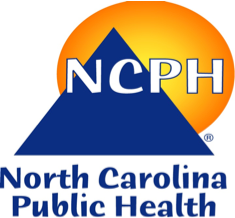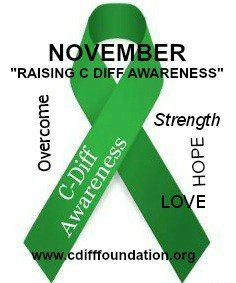Here’s the latest from the Clostridium difficile research community:
The role of hosts gut microbiome plays a critical role in the development of Clostridium difficile infection. Different antibiotic usage leads to the loss of specific bacterial taxa that can lead to different levels of susceptibility to C. difficile. In this study, Buffie et al. report that Clostridium scindens, a bile acid 7α-dehydroxylating intestinal bacterium, is associated with resistance to CDI which is dependent on secondary bile salts. The major take-home message is that microbiome research can help in identifying potential risks following specific antibiotic treatment and also treatment options such as probiotics.
http://www.nature.com/nature/journal/vaop/ncurrent/full/nature13828.html
In the following study, the authors evaluate the safety and rate of resolution of diarrhea following oral FMT with frozen capsules given to patient volunteers with recurrent CDI. Twenty patients received 15 capsules on 2 consecutive days and these patients were followed for 6 months. No SAEs were reported. Diarrhea was resolved in 14 patients following 1 FMT. 4 out of 6 nonresponders resolved after a second FMT, with an overall 90% resolution rate. Larger studies are needed to confirm the current findings.
http://jama.jamanetwork.com/article.aspx?doi=10.1001/jama.2014.13875
The use of synthetic polymers as mimics of host-defense antibacterial peptides have been studied by the McBride lab. In vitro analysis of Nylon 3 copolymers against C.difficile shows that peptide LL37 is capable of blocking vegetative cell-growth and inhibiting spore outgrowth and is effective against ribotype 027 and 012 strains, in contrast to vancomycin and nisin. These easy to produce synthetic polymers could be used as a treatment for a CDI.
http://pubs.acs.org/doi/abs/10.1021/ja506798e
The following study looks at the role of IL22 and CD160 in the mucosal inflammatory immune response to a CDI. The authors report that in C. difficile-infected mice treated with anti-IL22, anti-CD160 or a combination of the two, STAT3 phosphorylation was significantly reduced compared to infected mice not receieving these antibodies. These treated mice also had reduced influx in neutrophils. These data show that IL22 and CD160 are responsible for a proinflammatory host mucosal response against during CDI in mice.
http://onlinelibrary.wiley.com/doi/10.1111/imm.12414/pdf
And lastly, Norway rats (Rattus norvegicus) also known as New York City rats have been found to be widely infected with many common human pathogens such as atypical enteropathogenic Escherichia coli, Clostridium difficile, and Salmonella enterica, as well as infectious agents that have been associated with undifferentiated febrile illnesses, including Bartonella spp., Streptobacillus moniliformis, Leptospira interrogans, and Seoul hantavirus and viruses such as sapoviruses, cardioviruses, kobuviruses, parechoviruses, rotaviruses, and hepaciviruses. Pest control is doubly important in urban settings where these rodents are carriers of such zoonotic diseases and live in close proximity to humans.
http://www.ncbi.nlm.nih.gov/pubmed/25316698
Chandrabali Ghose-Paul,MS,PhD, Chairperson of Research and Development









